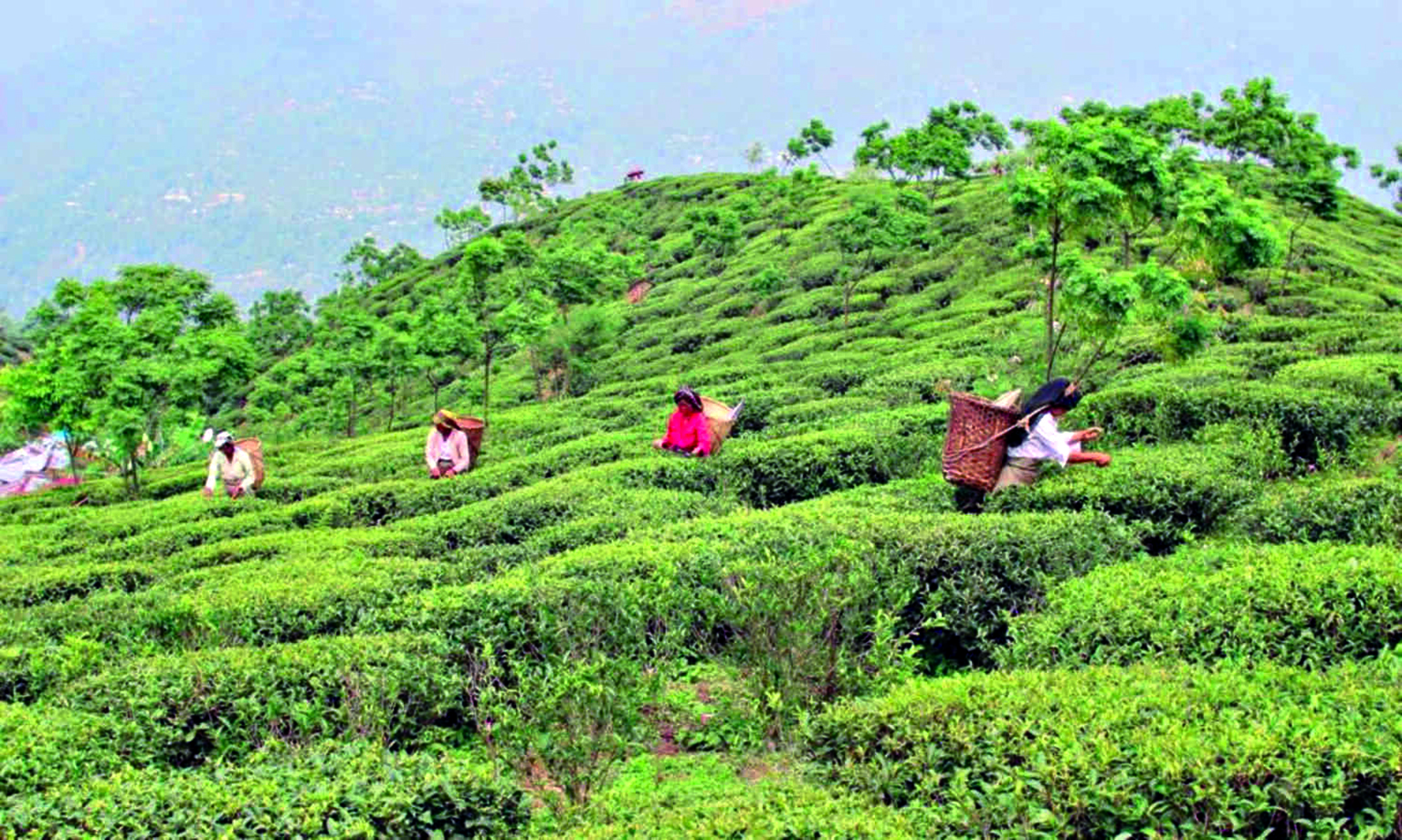State proposes district committees to monitor pesticide use in small tea farms

Alipurduar: To ensure the quality of tea produced by approximately 50,000 small tea growers, the state has proposed establishing district-level review committees to prevent excessive pesticide use. Nabanna has already sent letters to the district magistrates (DM) of six tea-producing districts in North Bengal, as well as to the Tea Board, the Small Tea Growers Association and the Bought-Leaf Factories Association.
The state has introduced 14 proposals, with the district-level review committees being the most critical. These committees, comprising representatives from the state Agriculture department, the Tea Board, bought-leaf factories and tea growers, will conduct year-round surveillance in each district to ensure proper tea cultivation methods. This initiative is the state’s first to focus on small tea growers.
Tea growers have welcomed this initiative. According to the state’s proposal, tea must be cultivated without prohibited chemicals, adhering to the Plant Protection Code. The review committees will ensure that prohibited pesticides are not sold and that only registered pesticides, purchased from authorised vendors with GST, are used.
Bijayagopal Chakraborty, General Secretary of the Jalpaiguri District Small Tea Growers Association, stated: “We welcome the standard operating procedure (SOP) mentioned by the state government. Tea growers are now much more aware than before, thanks to numerous awareness camps.” The Tea Board has already taken steps to improve the quality of Indian tea, although around 50,000 small tea growers are not under its direct supervision. However, more than 300 full-fledged tea gardens in North Bengal follow the Tea Board’s guidelines.
Ram Avtar Sharma, ITPA Duars Branch Secretary, commented: “The economy of North Bengal heavily relies on the tea industry, with small tea farmers playing a crucial role. This timely move by the state will encourage tea growers to produce high-quality tea. We want small tea growers to adhere to the same standards as large tea plantations.”
Recently, a problem emerged in North Bengal when bought-leaf factories refused to buy raw tea leaves from small tea farmers due to quality concerns. The complaint was that small tea growers were using banned chemicals, knowingly or not. FSSAI had banned 20 chemicals in the tea industry nationwide, causing significant issues for around 50,000 small tea farmers. During a visit to North Bengal, Chief Minister Mamata Banerjee directly intervened, ensuring government support for the small farmers.



